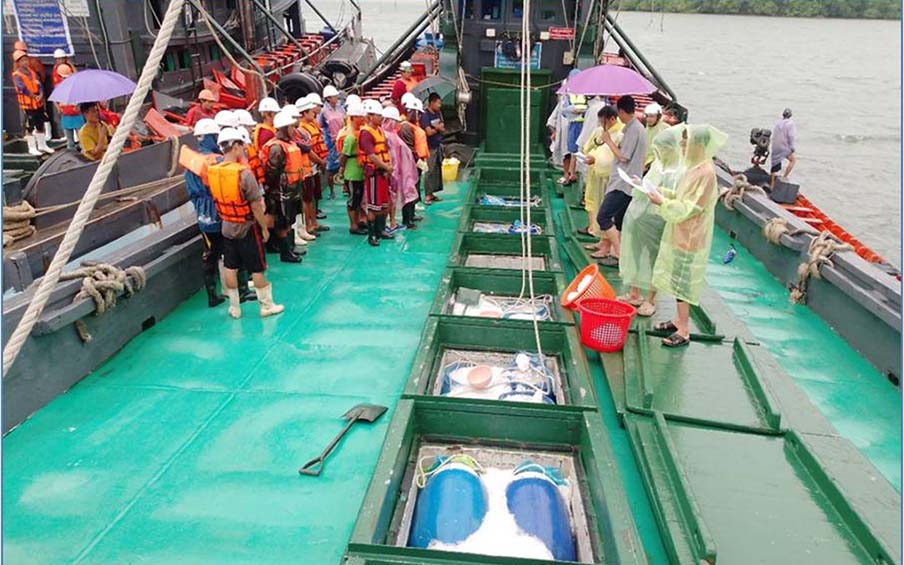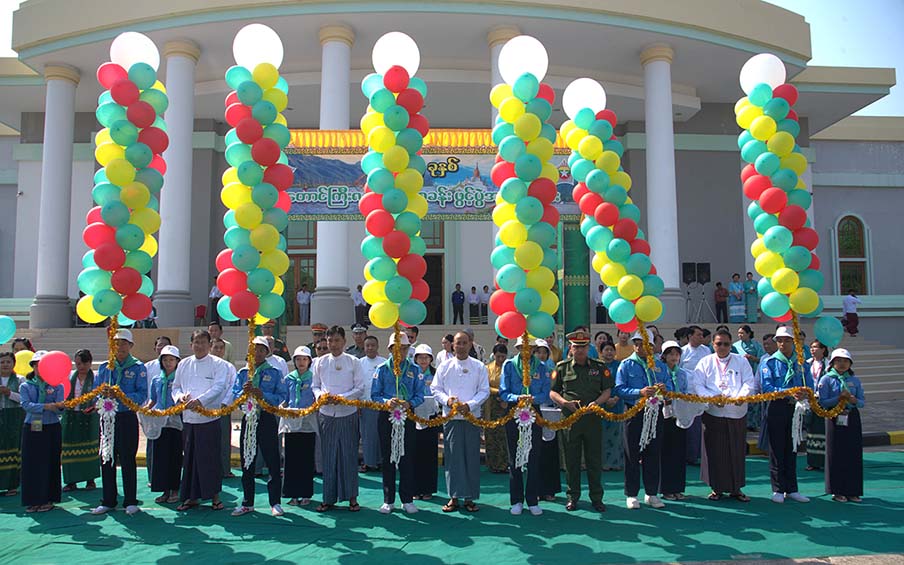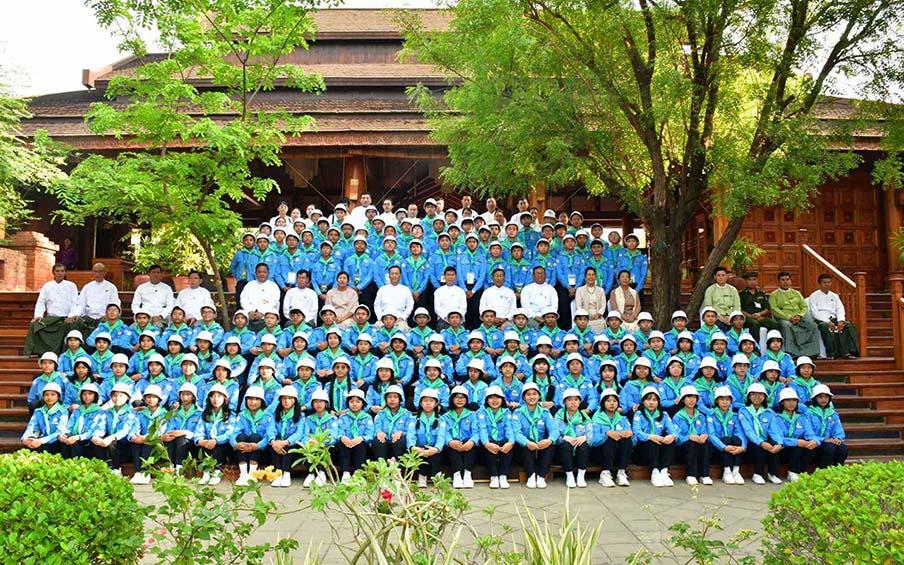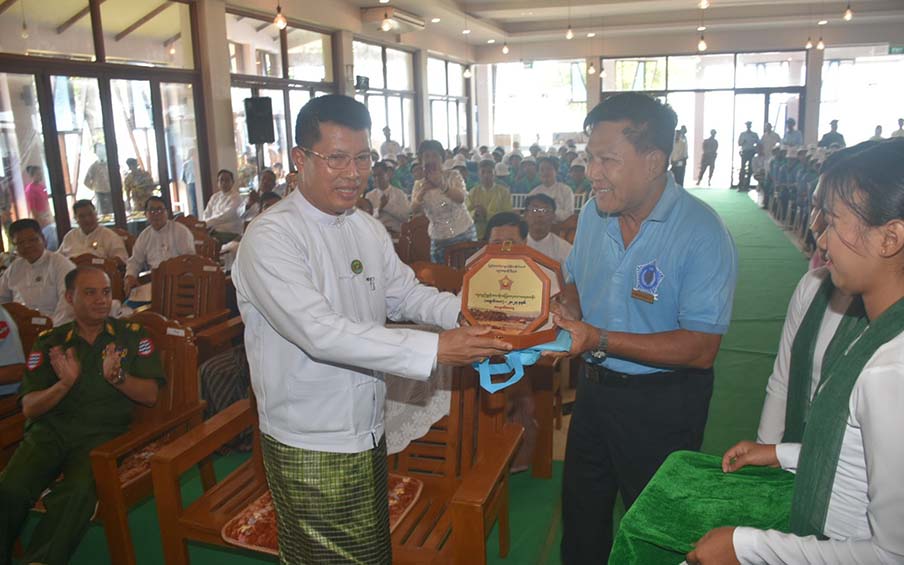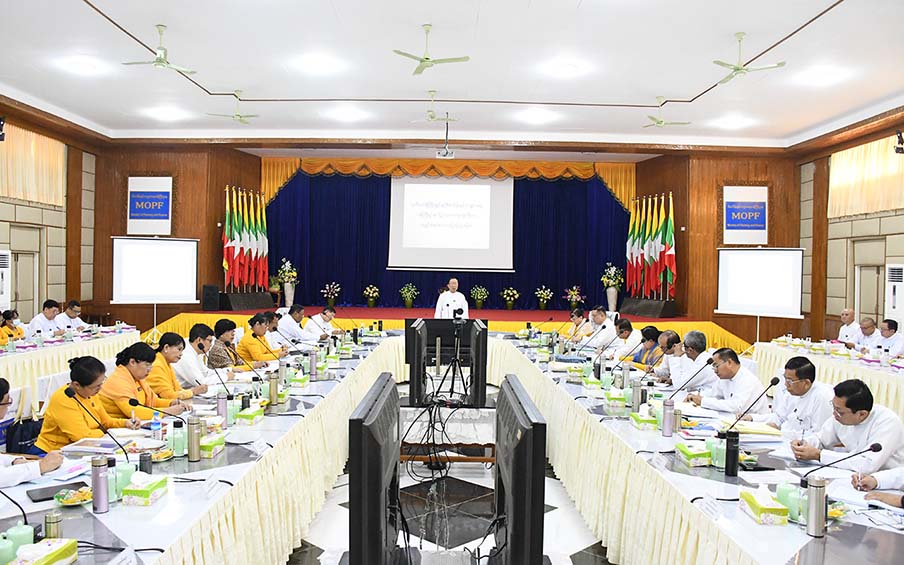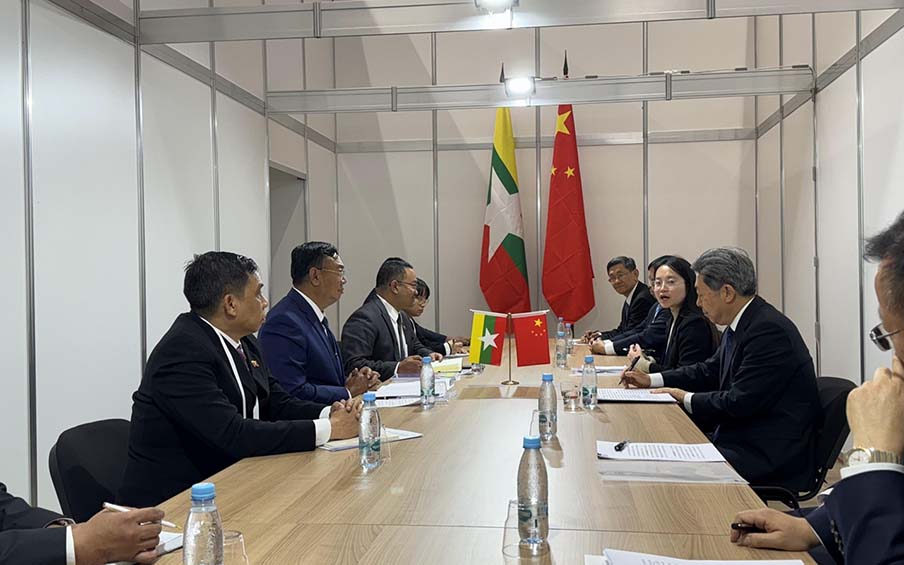The idea that a warming planet threatens stability around the globe is not new. The US Naval War College began studying the topic as early as the late 1980s and over the past three decades. A steady stream of analyses from the US Defence Department, private think tanks, and other organizations have pointed to the threats that climate change poses to peace, stability and conflict, but experts generally regard it as a “Threat Multiplier”, a phenomenon that can worsen or exacerbate over stability and conflict.
The consequence of climate change includes among others, intense drought, water scarcity, severe fires, rising sea levels, flooding, melting polar ice, catastrophic storms and declining biodiversity. (2011-2020) was the warmest year on record, and each of the last has been warmer than any previous since 1850. Many people think climate change mainly means warmer temperatures rise is only the beginning of the story. Because the Earth has a system, where everything is connected, changes in one area can influence changes in all others.
Climate change can affect our health, ability to grow food, housing safety and work. Some of us are more vulnerable to climate impacts, such as people living in small island nations and other developing countries. Conditions like sea-level rise, and intrusion of such disasters have advanced to the point where whole communities have to relocate, and protracted droughts are putting people at risk of famine in the future. The number of people displaced by weather and related events is expected to rise.
In a series of UN reports, thousands of scientists and government reviewers agreed that a limited global temperature rise to no more than 1.5 °C would help us avoid the worst climate impacts and maintain a livable climate. Yet policies currently in place pointed to a 2.8°C temperature rise by the century.
As they are the source of the most past and current greenhouse gas emissions, industrialized countries are expected to do the most to cut emissions on home grounds. They are called Annex I countries and belong to the Organization for Economic Corporations and Development (OECD). They include two countries with economies in transition “from Central and Eastern Europe. Annex I countries were expected by the year 2,000 to reduce emissions to the 1990 level.
There are six scary facts about climate changes looming around weather events, they are: —
1 Climate change could be reversible by 2023
2 Greenhouse gas levels are at an all-time high
3 More than one million species face extinction
4 Climate change is creating a refugee crisis
5 Our oceans are dying
6 We use more of the Earth’s resources than it can renew
The several biggest emitters of carbon dioxide gas alone (China, the United States of America, India, the European Union, Indonesia, the Russian Federation and Brazil) accounted for about half of all global greenhouse gas emissions in 2020. Everyone must take climate action, but people and countries creating more of the problem have a greater responsibility to act first.
Many climate change solutions can deliver economic benefits while improving our lives and protecting environmental stability.
Industrialized countries (Annex I) have to report regularly on their climate change policies and measures, including issues governed by the Kyoto Protocol (for countries which have to submit).
They must also submit an annual inventory of their greenhouse gas emission including data for the base year (1990) and all the years since.
Developing countries (Non-Annex I. Parties) report in more general terms on their actions both to address climate change and to attempt to its impacts but less regularly than Annex parties do. and their reporting on its contingent issue on getting funds for the preparation of the report particularly in the case of the Least Developed Countries.




